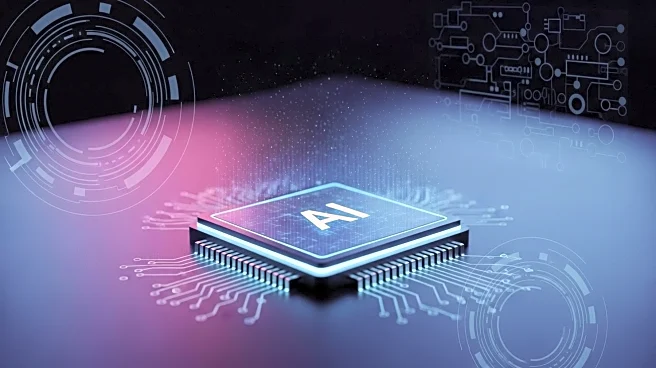What's Happening?
Researchers from George Mason University have identified a new threat to artificial intelligence systems, dubbed 'OneFlip,' which could potentially cause autonomous vehicles to crash and facial recognition systems to fail. The attack involves flipping a single bit in the AI's neural network weights, altering the system's behavior. This method, while complex, is feasible and could be executed using techniques like Rowhammer. The researchers demonstrated that such an attack could change an AI's interpretation of its environment, leading to dangerous outcomes. The study highlights the vulnerability of AI systems to targeted attacks that exploit their underlying architecture.
Why It's Important?
The discovery of the OneFlip attack underscores the critical need for enhanced security measures in AI systems, particularly those used in safety-critical applications like autonomous vehicles and facial recognition. As AI becomes increasingly integrated into various sectors, the potential for malicious exploitation poses significant risks to public safety and privacy. This research serves as a warning to AI developers and users to proactively address these vulnerabilities and implement safeguards to prevent such attacks. The implications of compromised AI systems extend beyond immediate safety concerns, potentially affecting trust in AI technologies and their adoption across industries.
Beyond the Headlines
The OneFlip attack raises ethical and legal questions about the responsibility of AI developers to ensure the security and reliability of their systems. It also highlights the need for regulatory frameworks to address the potential misuse of AI technologies. As AI continues to evolve, the balance between innovation and security will be crucial in shaping the future landscape of AI applications.









